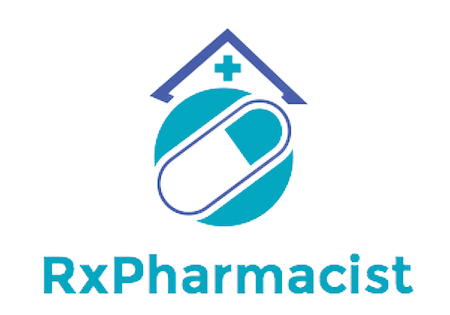
The continued drug development expands the drugs available on the market for patients. How do we determine if patients are on the best drugs available? How do we determine if the drugs on the formulary for a given healthcare system are appropriate based on the market or trends seen within a healthcare system? The answer to these questions is in the importance of medication use evaluation (MUE). This type of evaluation does not provide answers to all the questions surrounding medication use but helps us get to a place of understanding, which can facilitate changes that are beneficial for patients in the long-term sense.
When discussing MUE, there are other processes needed to be addressed. Those processes are the drug utilization review (DUR) and the drug use evaluation (DUE). DUE and DUR are regarded as being synonymous with each other as these are ongoing drug therapy reviews. DUR is a quality assurance measure. For example, DUR encompasses three categories: prospective, concurrent, and retrospective. There are different categories for these drug therapy reviews depending on if we are addressing the drug review before dispensing, evaluating medication use during ongoing treatment, or reviewing therapy after treatment completion. Overall, DURs are put in place to ensure safety and efficacy of medication use.
DURs and DUEs are precursors to the MUE, which provides a more detailed performance tool for healthcare professionals. The difference that stands out about MUE from other processes is that it focuses on outcomes and quality of life. Well, the next question someone may ask is, “how do you know if an MUE needs to be initiated?” From the various MUE objectives, one can realize that the MUE process can begin for a variety of reasons. For example, it can be because of increased medication errors seen within a healthcare system, or the withdrawal of approved products. Depending on the objective to start an MUE, a therapeutic or process outcome is usually determined at the end. There are different types of MUE objectives, such as:
- Patient safety improvement
- Drug therapy optimization
- Cost minimization
- Innovative practices assessment
According to the American Society of Health System Pharmacists (ASHP), the framework one can utilize to begin the MUE process is FOCUS-PDCA:
- Find
- Organize
- Clarify
- Understand
- Select
- Plan
- Do
- Check
- Act
Depending on the site utilizing this framework, the approach will differ. On the other hand, MUEs can have its limitations due to the lack of scope, poor documentation, or poor communication. Pharmacists are a very important component of these evaluations because of their expertise. Medication therapy management (MTM) is a big part of many pharmacists’ everyday jobs, and in the long run, MTM results in better patient outcomes. ASHP has a great guidelines documents for those interested in MUE and learning about its in-depth practices.
It is important to be aware of the various processes within systems that determine how patients are treated so they can ultimately receive the best outcomes. The MUE is a long process, but the findings from an MUE can help healthcare systems in various areas. As with any process, there are limitations, and for this reason it is important to have the right healthcare professionals assess these medication evaluations.
Dagmara Zajac
RxPharmacist Team
References:
- ASHP guidelines on medication-use evaluation. https://www.ashp.org/-/media/assets/policy-guidelines/docs/guidelines/medication-use-evaluation-current.ashx?la=en&hash=4927E9E8F085C17B19CA40AC0BAACBA229F47B07. Accessed December 23, 2022.
- Faley B, Fanikos J. Best Practices for Medication Utilization Evaluations in Postsurgical Pain Management. Curr Emerg Hosp Med Rep. 2017;5(1):33-40. doi:10.1007/s40138-016-0121-2
- Fanikos J, Jenkins KL, Piazza G, Connors J, Goldhaber SZ. Medication use evaluation: pharmacist rubric for performance improvement. Pharmacotherapy. 2014;34 Suppl 1:5S-13S. doi:10.1002/phar.1506
- Drug utilization review. AMCP.org. https://www.amcp.org/about/managed-care-pharmacy-101/concepts-managed-care-pharmacy/drug-utilization-review. Accessed December 23, 2022.
